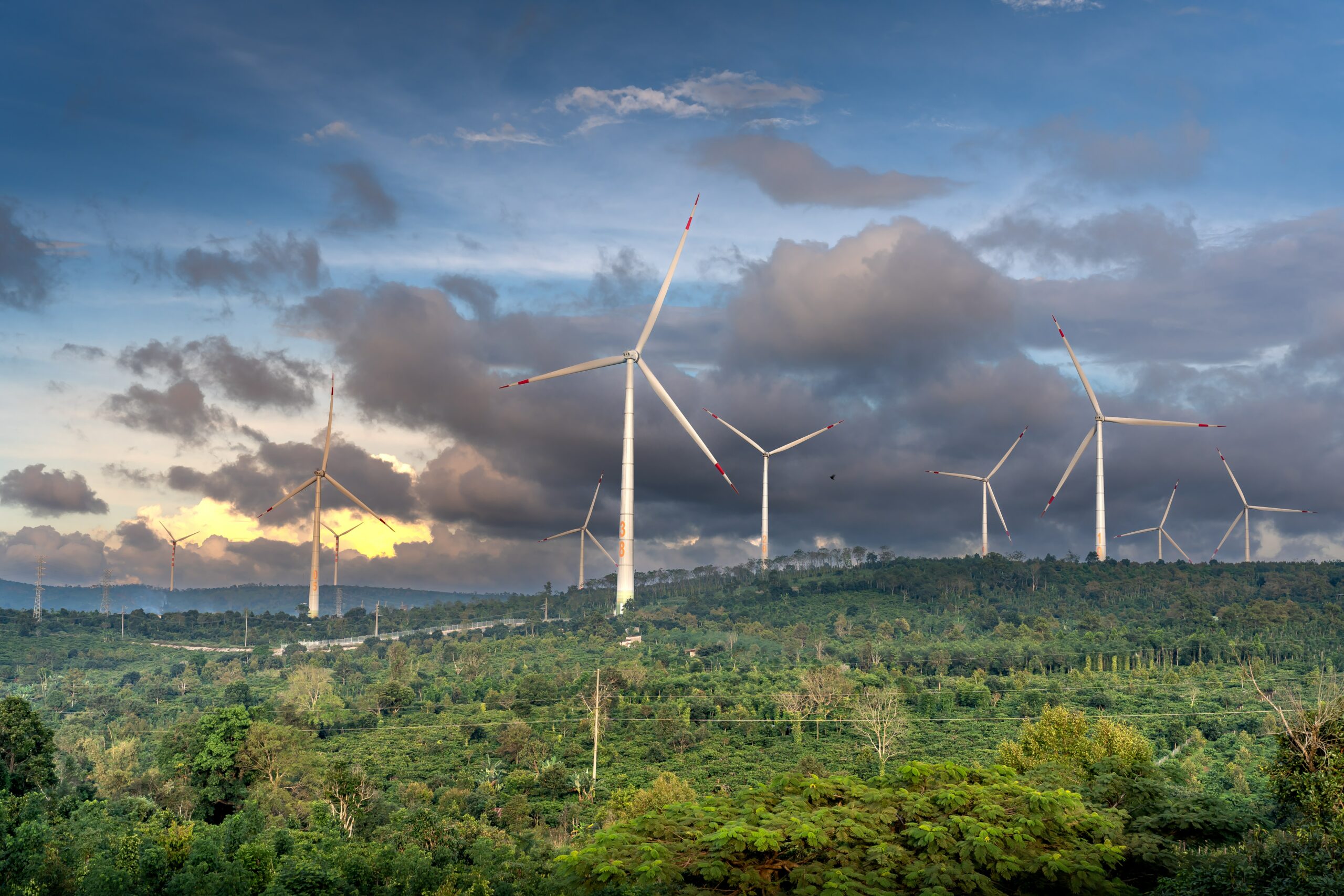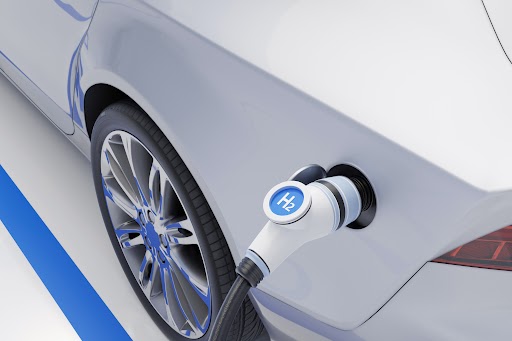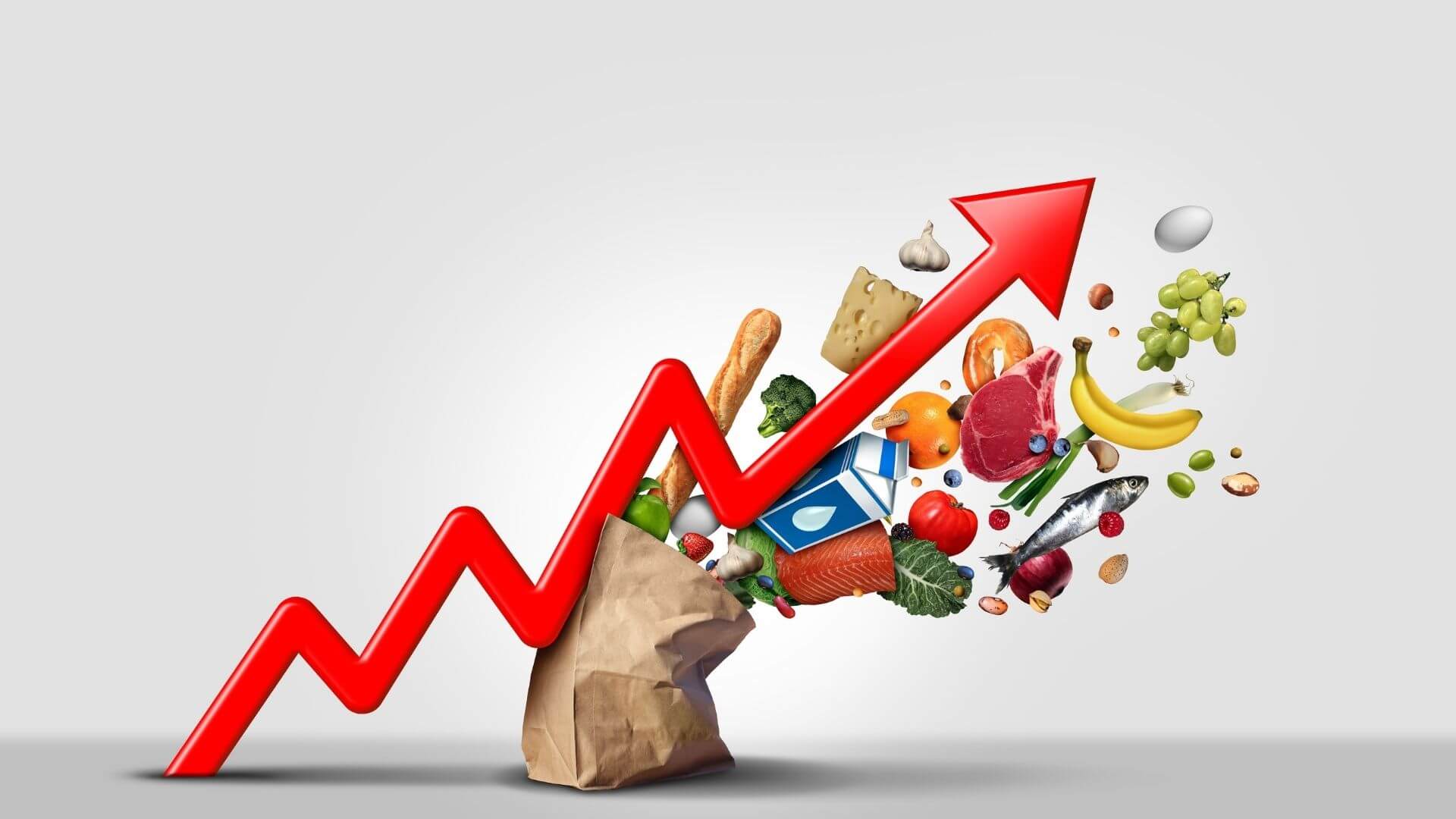Developments and Trends of Africa’s Oil & Gas Industry
PwC South Africa released the seventh edition of its annual Africa oil and gas review, reporting on the activity and developments of the industry on the continent. The review outlines the main challenges faced by the oil & gas businesses, identifies hurdles to their growth, analyses the companies’ strategic focus in overcoming those challenges, and provides recommendations on how to achieve sustainable growth. The insights are based on the results of primary research conducted by research service provider Infomineo, totalizing 79 responses from international oil companies, national oil companies, oilfield service providers, independent oil companies and other industry stakeholders, across 11 countries[1] over the continent.
The top five challenges faced by oil & gas businesses in Africa remain almost unchanged from previous years. For the fourth consecutive year, uncertain regulatory frameworks are seen as the most important challenge facing the industry; showing the persistent difficulties in designing effective regulations. Corruption moved from third to second place this year raising doubts about the effectiveness of the already implemented anti-corruption programs. Financing costs emerged as the third most pressing challenge in this year’s survey. According to the review, this is probably due to the overall regional issues and uncertainties prevalent in the continent (political issues, economic crises…), pushing financial institutions to wary of when funding projects that seem destined to bite off more than they can chew. Foreign currency volatility has also been an important challenge, especially for countries like Nigeria whose currency lost about a third of its value against the dollar in 2016. Finally, the taxation requirements’ uplift in the ranking is due to the move of the other challenges but makes it clear that heavy taxation becomes a burden for oil & gas companies.
Another important concern addressed in the review are the hurdles to businesses’ growth. The survey emphasizes obstacles such as low investment in the development of capabilities (factories and others), a weak or incoherent strategy, weak leadership, and a strategy that is not reflected in the day-to-day business as highlighted by many of the survey respondents. Indeed, strategies are very often not precisely defined which is problematic. According to the survey, 75% of the participants mentioned that they have reviewed their Africa strategy in the last three years to confirm its adequacy. However, they also admitted that there are persistent incoherencies with the execution of the day-to-day business.
Facing all these challenges, companies are focusing on a specific set of strategic improvements. The survey results show that oil & gas companies in Africa focus mainly on operational excellence, restructuring or creating new organizational designs, capital expenditure and expansion, regulatory and environmental compliance, and technology infrastructures. Moreover, the survey results point out that for a strategic growth, African oil & gas businesses should focus on repositioning their portfolios and focus on the upcoming sustainability trends by pursuing more low-carbon activities than what is currently the case (these activities are considered to be less harmful to the environment than the current prevalent oil & gas extractions). A way to achieve this portfolio repositioning is throughout the development mergers and acquisitions deals and partnerships. These particular adjustments are inspired by the changes either anticipated or experienced by the businesses in their competitive environments. The most expressed ones being the move to alternative fuels, the regulation’s impact, cost reductions, and technology-driven disruptions.
Operating in a competitive environment, oil & gas companies are looking to achieve a sustainable growth. The use of disruptive technology is undoubtedly helping regarding that. Survey respondents stated that they implemented digital solutions (22%) and drones (4%) in their processes to surpass their competitors. However, the rise of new technology in the oil & gas industry led to the rise of new threats in the realm of cybersecurity. According to John Chambers, former CEO of Cisco Systems, “There are two types of companies: those that have been hacked, and those who don’t know they have been hacked.” Initiatives should thus be led to warrant the African oil & gas businesses’ security.
The Africa oil and gas review describes the landscape of the industry in Africa and addresses the challenges faced and strategies implemented by businesses all over the continent. Given the gathered insights, PwC recommends oil & gas businesses to improve the current state of their industry, by not only focusing on catching up with the rest of the world; but by ‘learning to leapfrog’, using disruptive technologies and spearheading innovations to surpass the specific challenges of the African continent and to propel the industry’s and their businesses’ growth.
Hinde Adjar, Analyst at Infomineo
[1] Nigeria, SA, Ivory Coast, Gabon, Tanzania, Ghana, Uganda, Mozambique, Kenya, Chad, and Cameroon
You may also like
Warning: Undefined variable $content in /var/www/sdomains/nexatestwp.com/infomineo.nexatestwp.com/public_html/wp-content/themes/infomineo/single.php on line 235
Warning: Undefined variable $content in /var/www/sdomains/nexatestwp.com/infomineo.nexatestwp.com/public_html/wp-content/themes/infomineo/single.php on line 235
Warning: Undefined variable $content in /var/www/sdomains/nexatestwp.com/infomineo.nexatestwp.com/public_html/wp-content/themes/infomineo/single.php on line 235
Warning: Undefined variable $content in /var/www/sdomains/nexatestwp.com/infomineo.nexatestwp.com/public_html/wp-content/themes/infomineo/single.php on line 235
Warning: Undefined variable $content in /var/www/sdomains/nexatestwp.com/infomineo.nexatestwp.com/public_html/wp-content/themes/infomineo/single.php on line 235
Warning: Undefined variable $content in /var/www/sdomains/nexatestwp.com/infomineo.nexatestwp.com/public_html/wp-content/themes/infomineo/single.php on line 235









